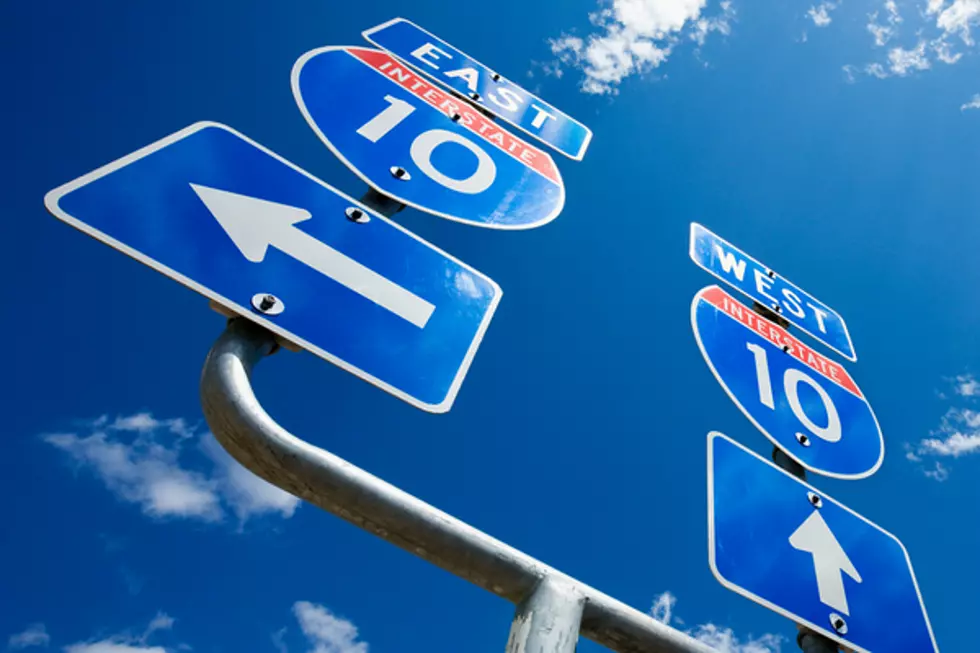
More Skimming Devices Showing Up On Louisiana Gas Pumps
You pull into your favorite gas station or convenience store. You slide your card into the card reader on the pump. The pump turns on. You pump your gas. You drive away knowing that your transaction will be recorded on your card statement. All is well with the world right?
Not so fast my quick paying friend. Did you check to see if that card reader on that gas pump was legit? Because the bad guys always seem to be one idea ahead of the good guys when it comes to stealing your money there is an inherent danger that comes with paying at the pump.
The electronic thief that I am referring to is called a skimmer. It literally is a replacement card reader that is slipped into the mechanism of the gas pump. The skimmer allows your purchase to go through so you don't suspect a thing. What it also does is record your card number and your PIN and your billing zip code. In the hands of bad guys that information can be very bad for you.
Reports across the state and from Ag Commissioner Mike Strain, who heads the Weights and Measures division suggest that gas pump inspectors are confiscating one or two skimmers a week. It might not seem like a lot but think of how many people might purchase gas on a given day. Also, inspectors don't really know how long these skimming devices have been in use.
How do you protect yourself? First things first, take a look at the card reader you're about to slip your personal information into. Does it appear to have been tampered with? Is it held in place by tape? Is it loose to the touch when you try to wiggle it? Is it on a pump that would be out of sight to store employees? Is the station where you're stopping for fuel in an isolated area or unpopulated interstate exit? Those are danger signs, my friend.
Despite your best efforts some of these skimmer scammers have gotten quite good at their craft. So authorities advise you to constantly review your bank statements. Most of those documents can be viewed online. You should notify your financial institution or credit card company at the first sign of an unauthorized transaction.
More From Hot 107.9






